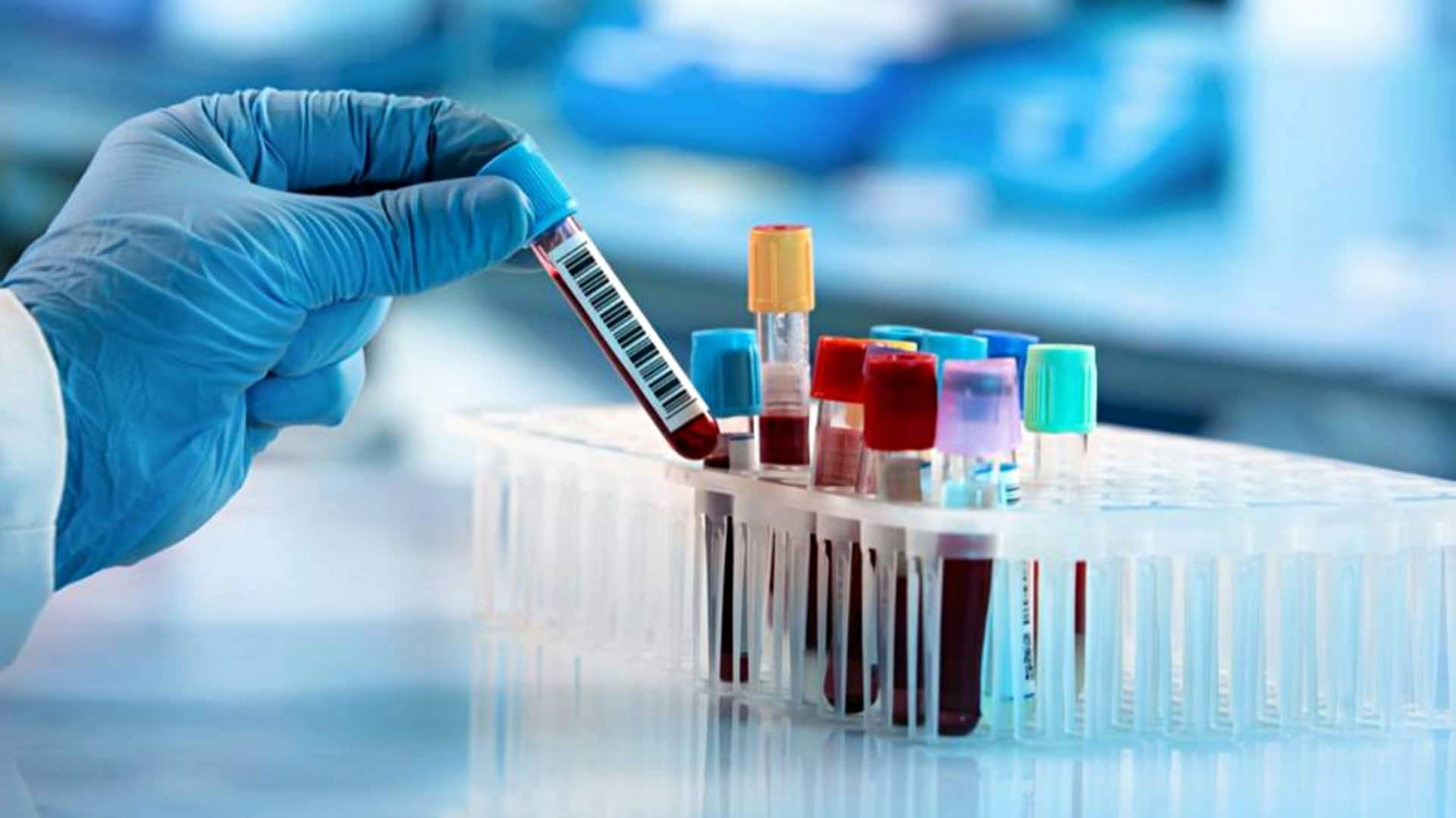
New blood test promises early detection of colorectal cancer
What's the story
A groundbreaking study has revealed that a simple blood test could potentially detect colorectal cancer in its early stages. The clinical trial, published in The New England Journal of Medicine, demonstrated that the blood-based screening test identified 83% of individuals with colorectal cancer. The test detects cancer signals by identifying circulating tumor DNA in the bloodstream. If approved by the FDA, this innovative method could become an additional tool for the early detection of this increasingly prevalent disease.
Usefulness
It could improve colorectal cancer screening rates
Dr. Barbara Jung, President of the American Gastroenterological Association, believes that this blood test could enhance early detection of colorectal cancer. She suggests that a simple blood draw might be more appealing to patients than invasive tests, potentially increasing screening rates. Despite this advancement, a positive result on the blood test would still necessitate a follow-up colonoscopy to detect and remove precancerous lesions known as polyps, thereby preventing cancer formation.
Concern
Rising colorectal cancer rates among younger generations
Colorectal cancer rates have been increasing, particularly among younger adults. According to a report by the American Cancer Society, since the mid-1990s, cases among individuals under 50 have surged by about 50%. This makes it one of the deadliest cancers for this age group, with approximately 20,000 people in the US under the age of 50 being diagnosed each year. The new blood test could potentially aid in addressing this alarming trend through early detection.
Scenario
Blood test awaits FDA approval for colorectal cancer screening
Guardant Health has submitted the blood test for approval to the FDA, with a decision expected later this year. If approved, it could become an additional tool in the fight against colorectal cancer. However, it's important to note that current effective screening methods such as stool tests and colonoscopies will still be necessary. The US Preventive Services Task Force recommends regular screening beginning at age 45, but about one-third of eligible adults do not get screened as recommended.
Useful tips
Early symptoms of colorectal cancer and prevention techniques
Early symptoms of colorectal cancer include irregularities in bowel habits, blood in the stool, unexplained weight loss, a feeling of bloating/fullness, and fatigue. Recognizing these signs can be crucial for early detection and treatment. Prevention techniques include maintaining healthy diet, staying active, avoiding tobacco and alcohol consumption, and regular check-ups. Despite the rise in colorectal cancer cases among younger adults, it's important to remember that early detection through regular screening can significantly reduce the risk of this disease becoming life-threatening.